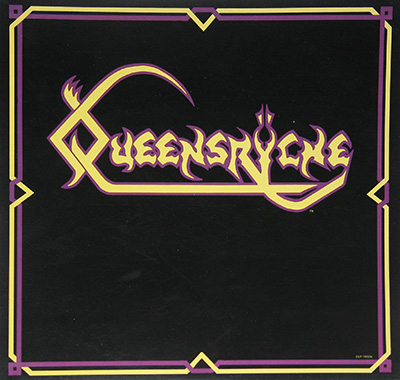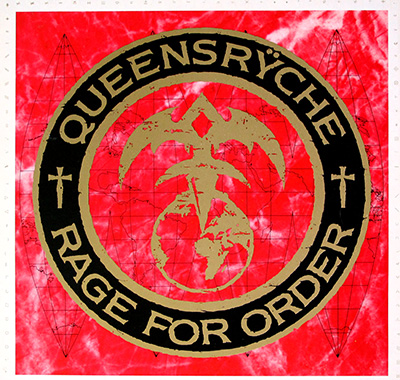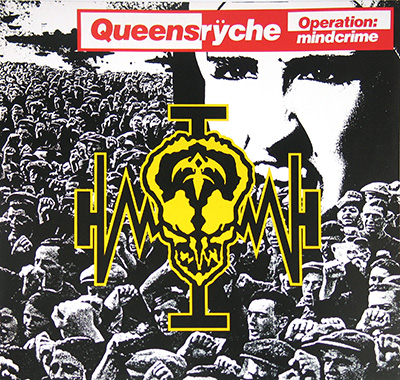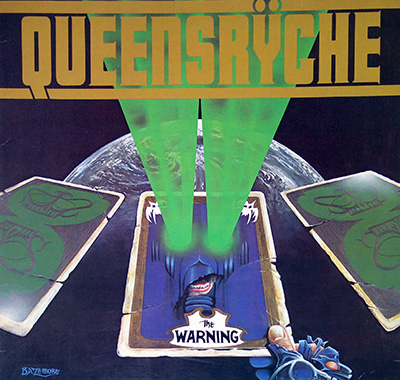QUEENSRYCHE - Self-Titled

Queensrÿche entered the studio in 1982 to record their debut EP, a process that would solidify their identity and sound. Produced by Queensrÿche and James Guthrie, the EP featured iconic tracks that would later become staples
QUEENSRYCHE - Self-Titled 12" Vinyl EPQUEENSRYCHE - Rage for Order (German & USA Releases)

Queensrÿche's third studio album, "Rage for Order", was released in 1986 and is widely regarded as a landmark in the development of progressive metal. The album features a unique blend of heavy metal and progressive rock
QUEENSRYCHE - Rage for Order (German Release) QUEENSRYCHE - Rage for Order (USA Release)QUEENSRYCHE - Operation: Mindcrime

Conceived during a fertile period for the band, "Operation: Mindcrime" was a concept album that showcased Queensrÿche's storytelling prowess. The album tells the gripping tale of a political assassin named Nikki
Operation: Mindcrime 12" Vinyl LP <QUEENSRYCHE - The Warning
“The Warning” (1984) marked Queensrÿche’s transformation from a rising underground act into a cornerstone of progressive heavy metal. Blending cinematic ambition with technical precision, the album’s futuristic tone and Geoff Tate’s soaring vocals set it apart from its era—an essential listen for collectors and fans of intelligent, conceptual metal.
